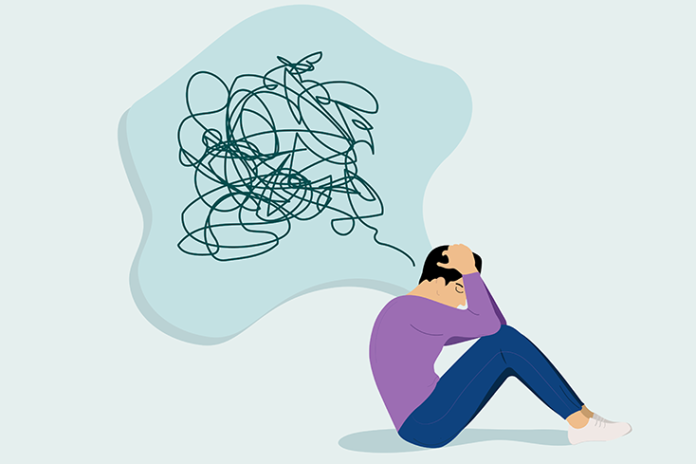Typhoid is a bacterial infection prevalent mainly in developing countries, especially those where hygiene and sanitation standards are poor. According to the World Health Organisation, typhoid affects between 11 million and 20 million people every year. Between 128,000 and 161,000 people lose their lives to the disease. However, the disease is not very common in developed countries with high hygiene standards.
Typhoid needs to be treated on time as it can impact many vital organs. If the symptoms are ignored and medical care is not provided urgently, the disease can give rise to many issues and also lead to the patient’s death. So if a person is suffering from typhoid, you should immediately get them treated at a reputed hospital like Max Healthcare, BLK-Max, Nanavati Max Hospital, Max Hospital India and other well-known hospitals.
What is typhoid and how is it caused
Typhoid is a disease caused by Salmonella typhi bacteria and is spread through the faecal-oral route. Typhoid has many symptoms, and these may range from mild to very severe. Some factors that can cause a person to contract typhoid include:
You are likely to contract the disease if you accept food or water from someone whose hands are contaminated. For example, they may have used the toilet but have not washed their hands.
- Typhoid originates in areas with poor sanitation.
- Contaminated drinking water or food can cause typhoid.
- A person can get infected if they visit typhoid-prone areas.
- A person who is infected with the disease can pass it on to others.
Symptoms of typhoid fever
Numerous symptoms indicate that the person is suffering from typhoid fever. Some of these typhoid fever symptoms are mild, while others may be serious. Symptoms commonly appear between one and three weeks after exposure to the disease. Some of these symptoms are:
- Headache
- Dry cough
- Weight loss
- Stomach pain
- Loss of appetite
- Constipation
- Diarrhoea
- Fatigue
- Pain in muscles
- Temperature increases gradually during the day.
If you spot any of these symptoms, have the person treated at a reputed hospital like Max Healthcare to give the necessary medical attention on time. If treatment is delayed, it can lead to severe and life-treating complications.
Treatment of typhoid fever
Before prescribing treatment, the doctor will diagnose the disease to ascertain whether you have typhoid. The doctor will check your medical and travel history to see whether you have visited a typhoid-prone area. Besides this, your blood and urine samples will be checked to find traces of Salmonella typhi bacteria, the leading cause of typhoid. If the tests confirm typhoid, the doctor will suggest the right treatment.
Typhoid is usually treated at home, especially if the symptoms are not severe. At this stage, the patient will be administered antibiotics. Depending on the condition, the antibiotics must be taken for one or two weeks. In a few days, you will start feeling well. But if medication is stopped midway, complications can arise.
If the symptoms are severe, you will need to be treated at the hospital. You will be required to stay at the hospital for a few days.
At the hospital, the medical staff will give antibiotic injections. Besides that, fluids and other nutrients will be administered into your body through an intravenous drip inserted in your vein.
Surgery is usually recommended in extremely severe complications like internal bleeding.
Can I prevent typhoid?
With proper precautions and care typhoid can be prevented. Here are a few ways to safeguard yourself and your loved ones from the disease.
Always wash your hands before or after performing specific tasks like having your meal, preparing food, using the toilet, etc. Thoroughly clean your hands with soap and water. This will ensure that germs on your hands get eradicated. In a situation where water is not readily available, you can always use a hand sanitiser.
Before preparing your meal, thoroughly clean the vegetables.
Never drink untreated water. The water can be contaminated and may cause typhoid.
It is best to avoid street food. However, if you cannot avoid it, lessen its intake.
Final words
Typhoid is mainly prevalent in areas that have poor hygiene and sanitation standards. So it is crucial to keep your surroundings clean. If any symptoms are exhibited, it is necessary to get medical attention. If typhoid is not treated on time, complications can arise, and there is a possibility that the disease may become dangerous.
Max Healthcare is one of the leading hospital chains in the country and comprises high-class hospitals like BLK-Max, Nanavati Max Hospital, Max Hospital India and others. A superior infrastructure, advanced technologies and highly-qualified doctors with international exposure ensure that the patients get the right treatment. So, to get the best treatment, book an appointment at Max Healthcare.
